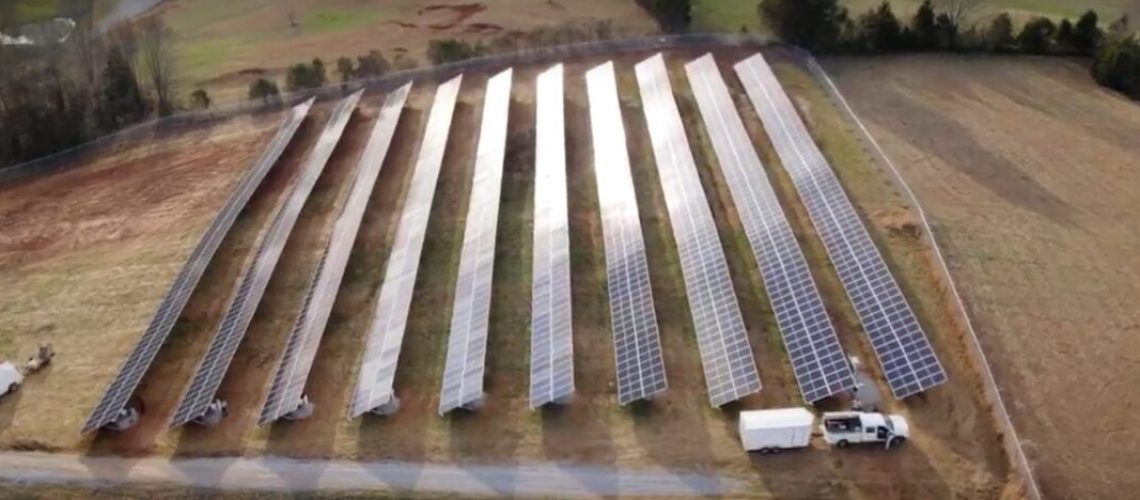A division of automotive aftermarket leader BBB Industries, TerrePower sets up shop in Tennessee where it can recycle over 125,000 solar modules a year.
TerrePower’s remanufacturing facility is up and running in a 20,000 square foot facility in Sparta, Tenn., where the company says it will refurbish solar modules and EV batteries for re-use.
“The holy grail of responsible resource management has always prioritized reuse over recycling,” said Duncan Gillis, chief executive officer of BBB Industries. “We are selling every solar panel we can remanufacture and expect to triple the size of our solar panel remanufacturing business in the next two years.”
Established in 2021, TerrePower is incorporating BBB Industries’ global automotive aftermarket experience by remanufacturing used solar panels to enable them to be sold as a more affordable solution for commercial or residential installation, or replacement use. TerrePower recycles materials from panels and EV batteries it cannot remanufacture and enables the reuse of raw materials to avoid landfill disposal. The company reports that remanufacturing used panels can cut carbon emissions by about 35% over original production.
“We apply over 30 years of remanufacturing experience to our solar panels, which can provide a high-quality alternative source to new (panels),” said John Boyer, president of TerrePower. “In many cases, we can use newer, superior components.”
In its battery remanufacturing process, TerrePower identifies weak battery pack components and replaces them with tested components to improve performance for vehicle reuse. Underperforming battery modules that can no longer be used in vehicles are repurposed into less energy demanding stationary energy storage units for a second life.
TerrePower is embracing the opportunity to recycle the expected surge of retired modules in the fast-growing U.S. solar industry. Solar modules have a typical lifespan of 25 to 30 years. The company believes that their reuse can decrease supply-chain dependence on imports, and lower costs for solar and other manufacturers.
To build a truly sustainable facility, TerreSmart installed second-life solar panels on its Tennessee facility, meeting an average of 39% of its monthly power needs. The onsite solar facility reduces the plant’s scope 2 emissions, avoiding over 22 metric tons of emissions, the equivalent of taking 655,000 miles off the road from cars or avoiding the emissions of 50 homes’ electricity for a whole year. Furthermore, the panels are directly connected to a sustainably manufactured energy storage system made of second-life EV batteries.
TerrePower also manufactures both EV batteries and solar power systems under the Ontility brand, including modules and inverters. The company is ramping up its EV operations across plants in four U.S. states.



